|
||||||||||||||||||||
|
THE 2015 IAP2 NORTH AMERICAN CONFERENCE |
||||||||||||||||||||
|
The annual North American Conferences keep getting better and better! The 2015 edition, Sept. 9 – 11 in Portland, Oregon, set a record for attendance, selling-out at 350! Attendees came from the US, Canada, Australia, Indonesia, South Africa and Singapore. And what a conference! In the sessions and out, conference-goers were treated to a variety of studies in P2 in action.
Portland Mayor Charlie Hales (with Cascade Chapter's Patty Unfred) welcomed everyone to the "Birthplace of P2". Other sessions looked at communicating scientific concepts in an age when there is so much cynicism and outright rejection of the positions of scientists; dealing with angry farmers in central California as they face a fifth straight year of drought; even how P2 in the case of legalizing marijuana helped people in Oregon reach a joint solution (sorry). One pre-conference workshop examined how maintaining diversity, equity and inclusion is now mandated in Portland (“not just a good idea – it’s the law”), and considering how the state of Oregon was once regarded as the most racist state north of Dixie (the subject of another extra-curricular event), that’s quite a turnaround. If you weren’t able to make it to Portland, you can still learn from the session presenters as these presentations are now available online. A new concept this year: "Poster Sessions" allowed practitioners to share briefly some of their projects in a less-formal, more interactive setting.
The silent auction raised over $1,900.00 for the IAP2 USA Student Scholarship Fund.
IAP2 colleagues came literally halfway around the world to take part, like Leanne Hartill (l) of IAP2 Australasia and Aldi Answar from IAP2 Indonesia.
The "Fair Housing Council" took attendees on a tour of some of the relics of Portland's and Oregon's history of discrimination - and the story of the state's turnaround.
|
||||||||||||||||||||
|
KEYNOTE PRESENTATIONS NOW ONLINE |
||||||||||||||||||||
|
Stimulating, enlightening and each one totally different: the Conference plenaries featured four brilliant keynote speakers. Their presentations are now online (click on their names to see them).
|
||||||||||||||||||||
|
THE 2015 NORTH AMERICAN CONFERENCE ACCORDING TO STORIFY |
||||||||||||||||||||
|
We encouraged participants to use Twitter (#2015NAConf) to spread the word, and Karen Zypchyn of the Wild Rose Chapter curated the tweets on Storify (hands up: who would have used that expression five years ago?) to paint a series of pictures in 140 characters or fewer. Karen is a former journalism university instructor with 10 years’ experience teaching social media and online communication courses, and citizen participation in the news. Karen has joined the growing field of public participation. She offers in-depth training in communication and is interested in experimenting with online P2 tools. You may be asking yourself, what is “Storifying”? It is a reference to a social media curation tool called Storify that enables you to make sense out of people’s social media posts. I used Storify to create a four-part series on what our P2 colleagues shared on Twitter about what they were learning IAP2 North American Conference 2015. It was simple to use and an obvious choice for the task of telling the social media story of the #2015NAConf on Twitter. Here’s how Storify works and why you should care about it. Numerous social media postings are shared quickly and randomly through various platforms, and they are visually presented in a timeline. Then, they can seemingly disappear amidst all the sharing like on Twitter, for example. While social media communication permits lots of voices to be shared, the experience can feel fragmented. The story narrative can be missing. The capacity to create meaning can be short-lived.
|
||||||||||||||||||||
|
THANK YOU for your generosity — the IAP2 USA Scholarship Fund |
||||||||||||||||||||
|
By Francesca Patricolo
The next step is to figure out how to award our new scholarship! Want to help? The IAP2 USA Scholarship Task Force will meet about three times, by conference call, between October and December to prepare recommendations to the IAP2 USA Board of Directors on implementing a new IAP2 Student Scholarship Award program. We are especially looking for current students interested in creating a legacy as well as individuals with experience starting, evaluating, or issuing student scholarship awards. To join us (please do!), contact Francesca Patricolo at francesca.patricolo@portlandoregon.gov. |
||||||||||||||||||||
|
Intermountain Chapter • IAP2 USA/IAP2 Canada Staff • Lance Robertson, Cascade Chapter • Brooks & Associates • Group Pattern Language Project • The Participation Company • Francesca Patricolo, Cascade Chapter • Port of Vancouver Washington • Burns & McDonnell • IAP2 Puget Sound • The Participation Company • Sheri Wantland, Cascade Chapter • Anne Carol, Midwest Chapter |
||||||||||||||||||||
|
Member Spotlight: Jeanna and Tim Hall |
||||||||||||||||||||
|
Jeanna and Tim Hall, Portland residents and retired IAP2 practitioners co-chaired the 2015 North American Conference committee of over 20 volunteers who made the conference the great success that is was. Fast facts: Jeanna joined IAP2 in the mid-1990s when she was a Public Involvement Planner for Metro. “It was a perfect fit for what I was doing. In 2002, I changed jobs, working for Clean Water Services, a regional water resources management utility” she said. “I became involved in the Cascade chapter, and I became a chapter officer and served on the national board of directors – all professional development opportunities that I wouldn’t have grown from had I not become active in the organization.” Tim met Jeanna and was introduced to IAP2 at a Cascade chapter-hosted reception at an EPA PI conference in Portland in 2002. Since then, he too has been active in the chapter, serving on its executive committee and helping to plan the chapter PI Network events. Tim signed up his staff as IAP2 members and over the years encouraged City of Portland PI staff to join. He and Jeanna were married in 2008.
|
|
INTERESTING LINKS |
||||||||||
|
|
||||||||||
|
Upcoming Events |
||||||||||
|
||||||||||
|
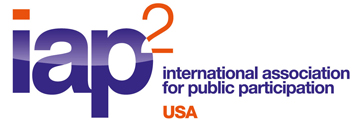
 Greetings from northeast Wisconsin – I hope this finds you enjoying the first days of autumn wherever you find yourself!
Greetings from northeast Wisconsin – I hope this finds you enjoying the first days of autumn wherever you find yourself!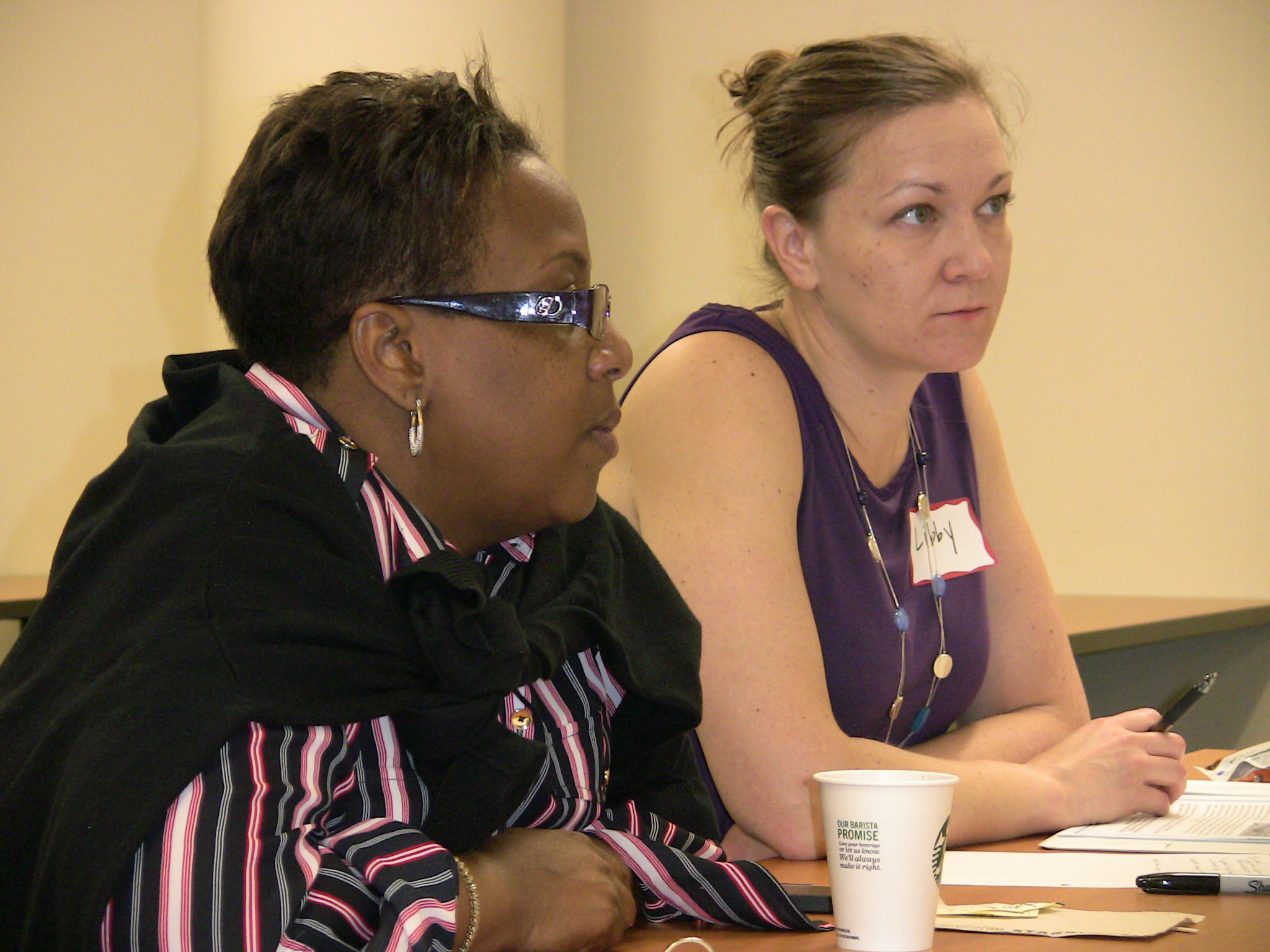
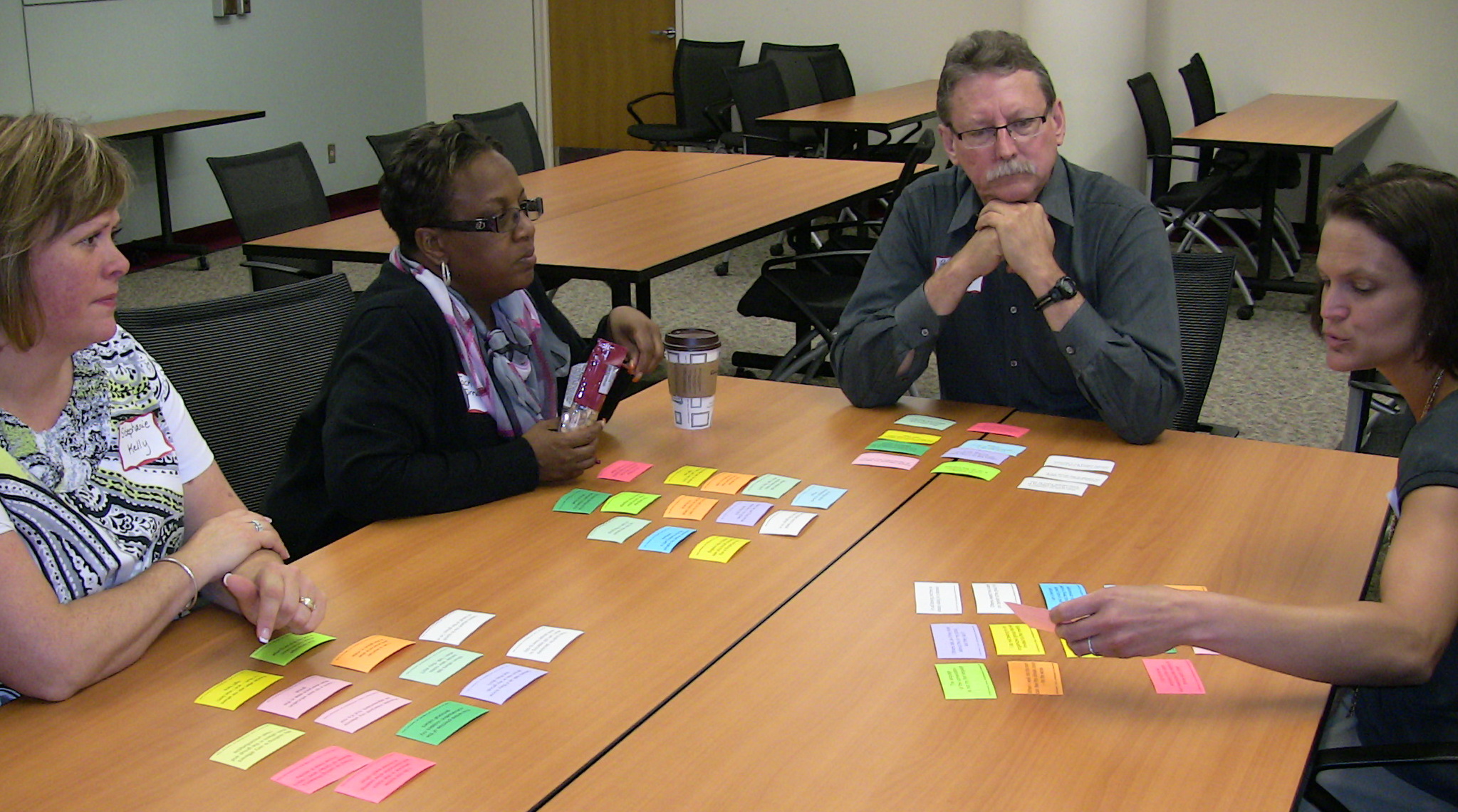
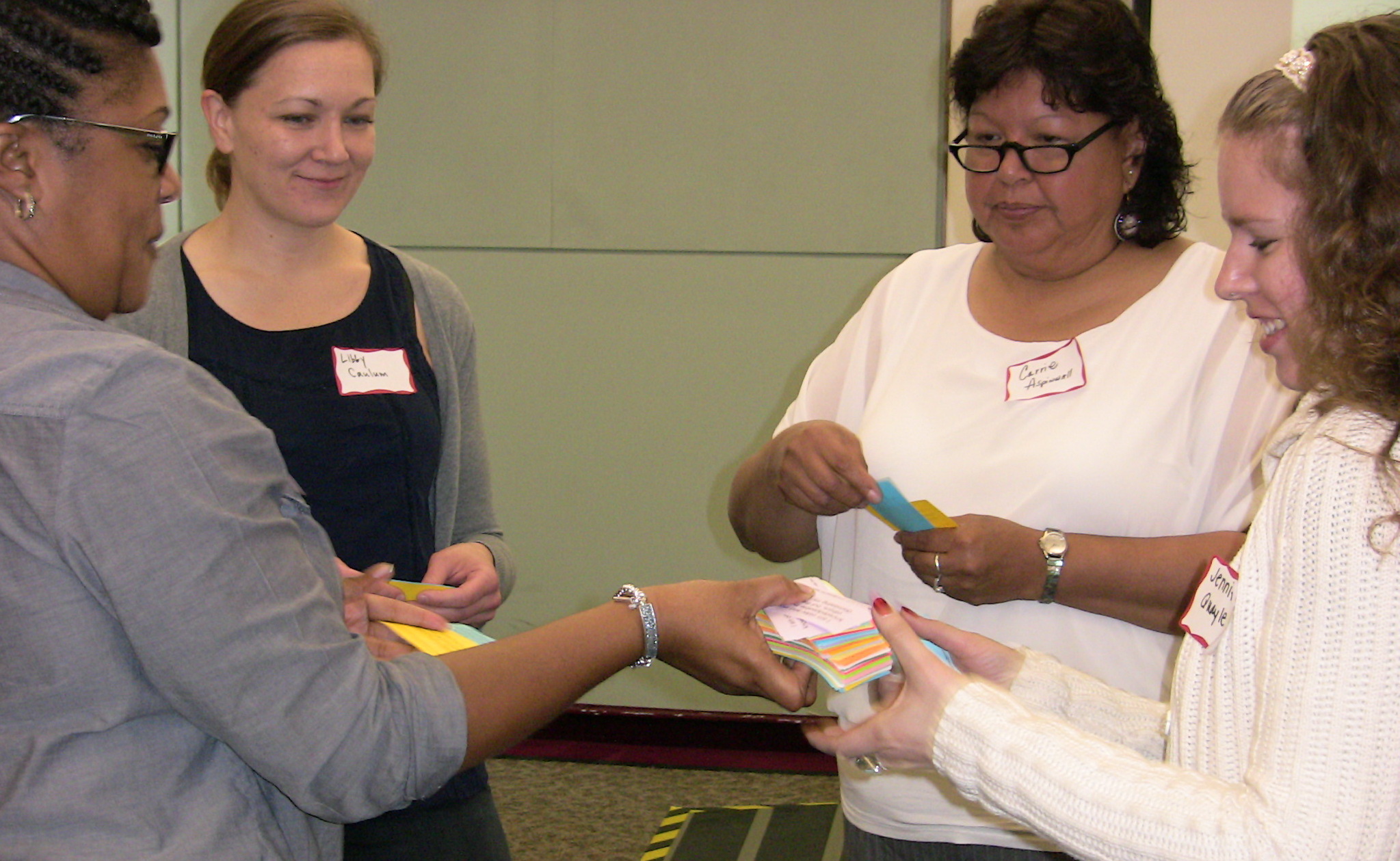
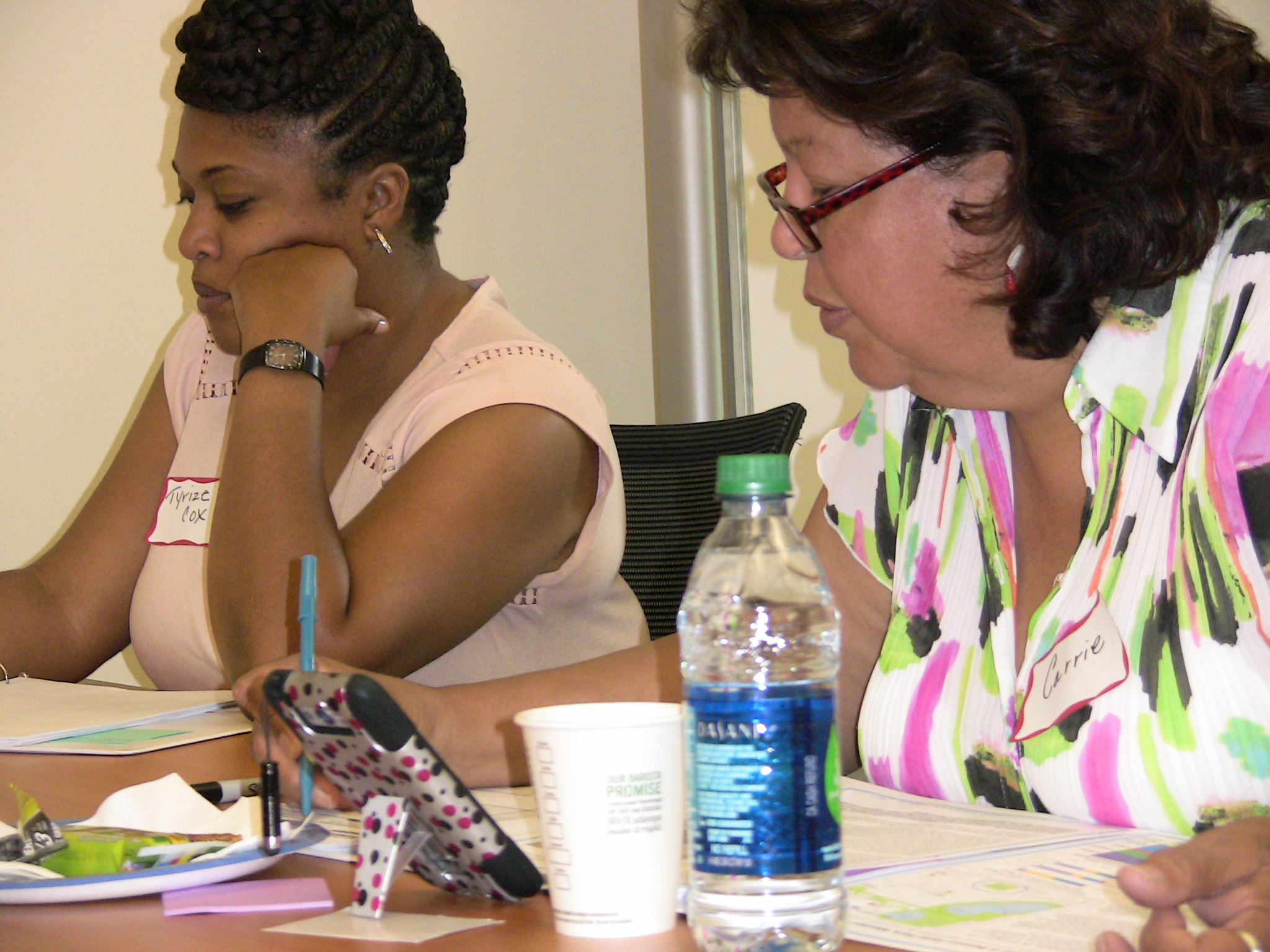
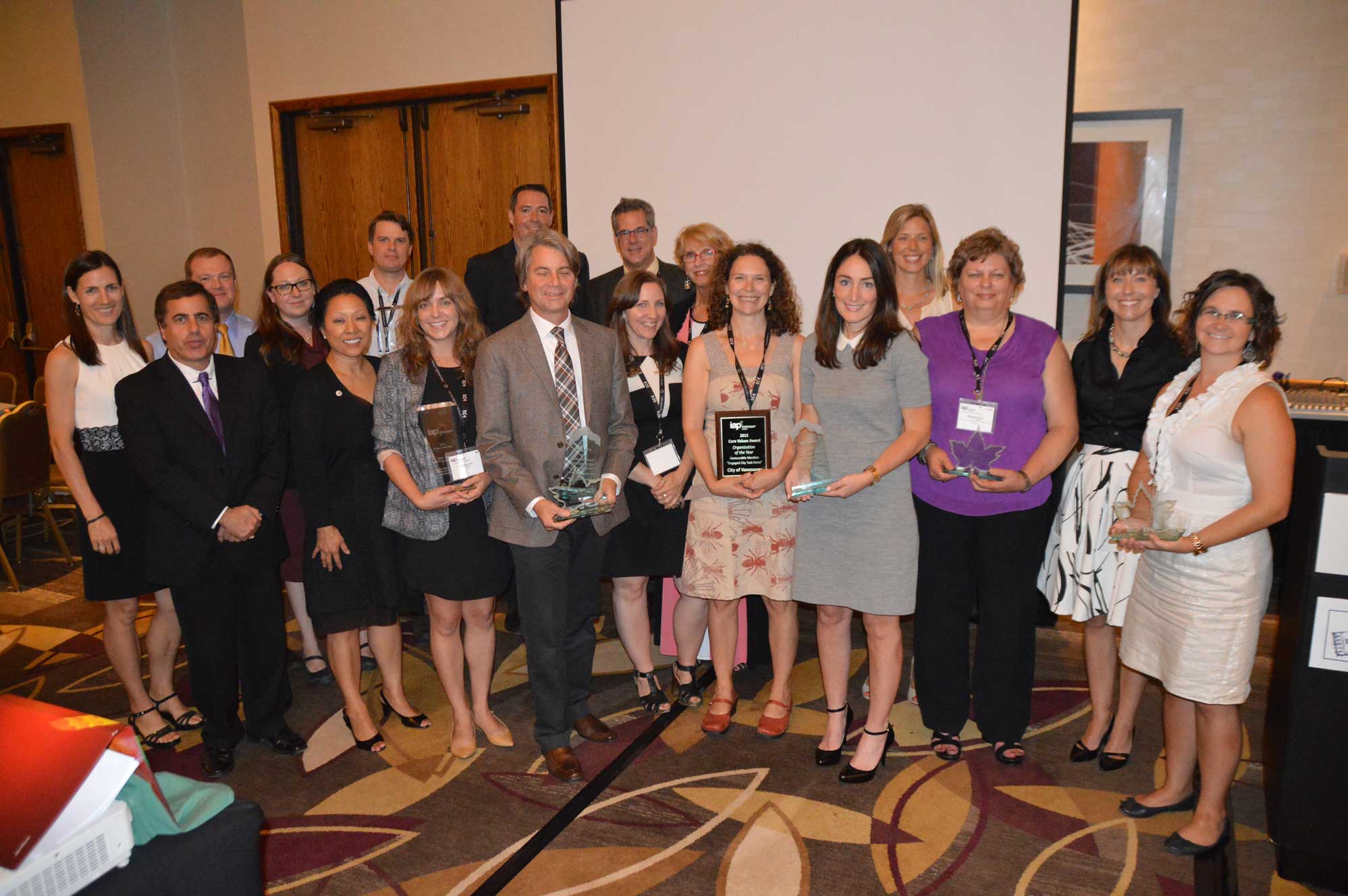
 Oregon Metro – the only directly-elected regional government in the USA – won Project of the Year for the Powell – Division Transit and Development Project. This partnership with the cities of Portland and Gresham, Oregon’s largest and fourth-largest cities, respectively, needed a wide range of consultation methods in order to reach out to a widely diverse community. This 15-mile corridor covers a number of neighborhoods with a high proportion of immigrants.
Oregon Metro – the only directly-elected regional government in the USA – won Project of the Year for the Powell – Division Transit and Development Project. This partnership with the cities of Portland and Gresham, Oregon’s largest and fourth-largest cities, respectively, needed a wide range of consultation methods in order to reach out to a widely diverse community. This 15-mile corridor covers a number of neighborhoods with a high proportion of immigrants. The St. Vrain Valley Public School District, based in Longmont, Colorado, received the award for Organization of the Year for Embracing Public Participation. In this, parents and others not generally considered to be “experts” or “professionals” in education are included in the School District’s planning and development process. This had to overcome internal and external resistance: from “legacy” staff, who were averse to including these non-professionals in the process, and from citizens who, as in the Portland area, were skeptical and distrustful of the authority itself.
The St. Vrain Valley Public School District, based in Longmont, Colorado, received the award for Organization of the Year for Embracing Public Participation. In this, parents and others not generally considered to be “experts” or “professionals” in education are included in the School District’s planning and development process. This had to overcome internal and external resistance: from “legacy” staff, who were averse to including these non-professionals in the process, and from citizens who, as in the Portland area, were skeptical and distrustful of the authority itself.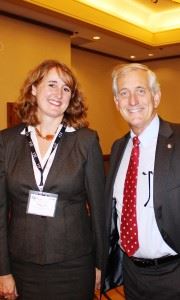








 Award-winning journalist
Award-winning journalist  By Karen Zypchyn
By Karen Zypchyn
 The North American Conference featured a silent auction to benefit the brand new IAP2 USA Student Scholarship fund. Thanks to generous donations from organizations and individuals, we had twelve items up for bid including gift baskets with contents from many individual donors. The result? Together we raised $1,910!!! The love, care, generosity, and creativity that went into the donations brings tears to my eyes every time I think about it. Thank you tremendously everyone who participated by donating and bidding. Your support encourages student membership, relationships with universities, research in the field, and the ongoing vitality and sustainability of our organization.
The North American Conference featured a silent auction to benefit the brand new IAP2 USA Student Scholarship fund. Thanks to generous donations from organizations and individuals, we had twelve items up for bid including gift baskets with contents from many individual donors. The result? Together we raised $1,910!!! The love, care, generosity, and creativity that went into the donations brings tears to my eyes every time I think about it. Thank you tremendously everyone who participated by donating and bidding. Your support encourages student membership, relationships with universities, research in the field, and the ongoing vitality and sustainability of our organization.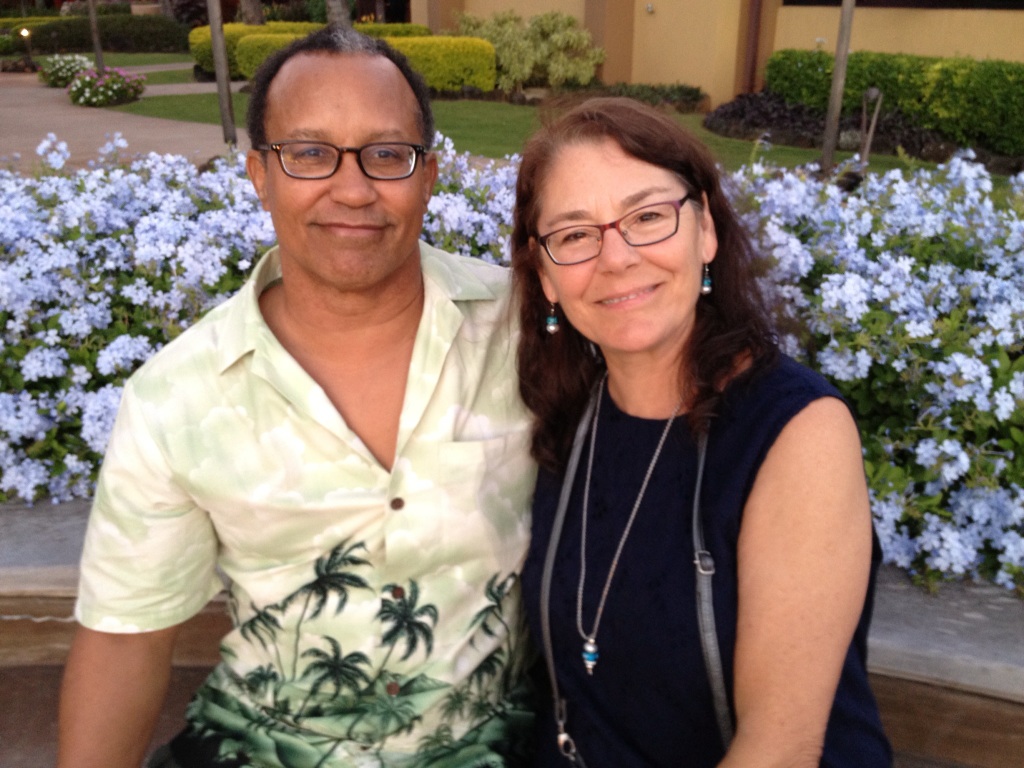 Meet the drive behind the 2015 North American Conference!
Meet the drive behind the 2015 North American Conference!